Improving Life With Clean Water
WASH is an acronym that stands for “water, sanitation and hygiene”. Water services is a key issue within international development. Water is essential to population welfare from health and food security to social well-being and livelihoods. Globally, 2.3 billion people are without sanitation facilities and 844 million people are without access to safe and clean drinking water. Preventable related diseases claim tens of thousands of lives in the developing world. Lack of water and sanitation facilities prevent students from attending school, and reduce later achievements and work productivity.
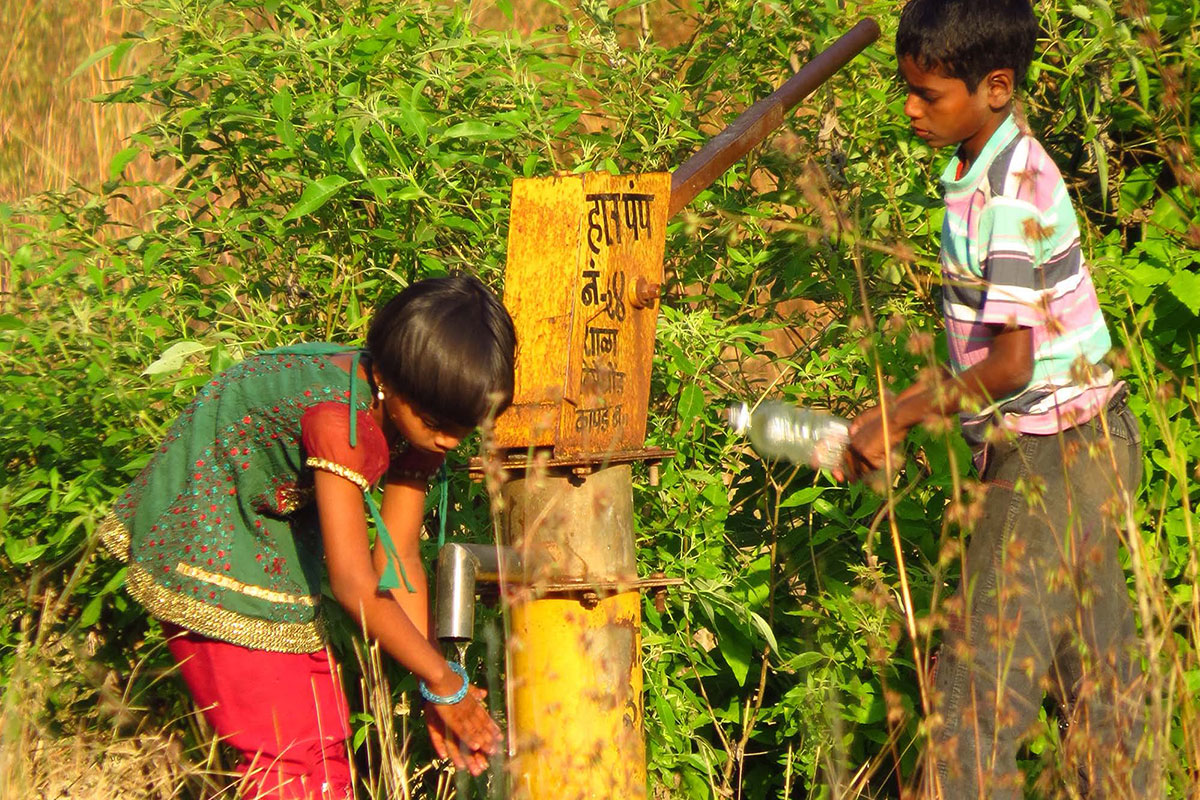
DWC’s WASH program provides sustainable interventions aimed at improving health, food security, student learning, gender equality and other issues that affect poverty reduction through access to healthy and safe water, better sanitation, and improved hygiene behaviours. The construction of wells, watergates, irrigation and rainwater systems provides collection and storage of safe water for family homes and community facilities, particularly in areas where there has been highly irregular and declining precipitation. Latrine construction in remote communities aims to eradicate open defecation by providing affordable and sufficient sanitation. This benefits health, safety, and livelihoods, and offers cleaner soil, air and water supplies.
Providing Clean Water
Increased availability of water is an important long-term asset for marginal families earning their livelihood through agriculture and livestock rearing. Constructing water harvesting structures helps farmers transform desert into arable, productive farmland. The results of rainwater collection and containment efforts are readily visible after one year when new crops are growing where nothing has grown for years.
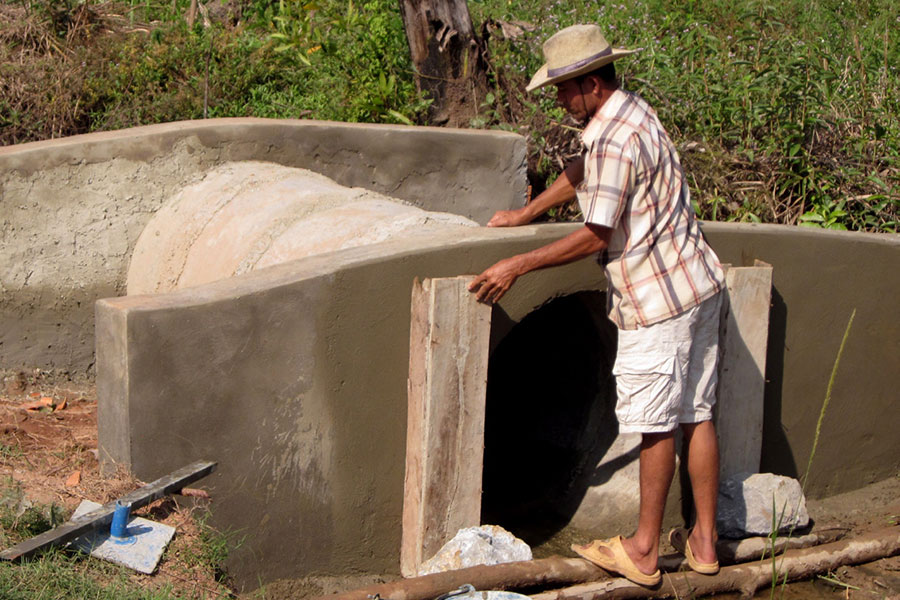
A water gate increases the supply of irrigation water for cropland. In turn this increases food security through higher yields in food production and improves living standards for agricultural families of developing countries.
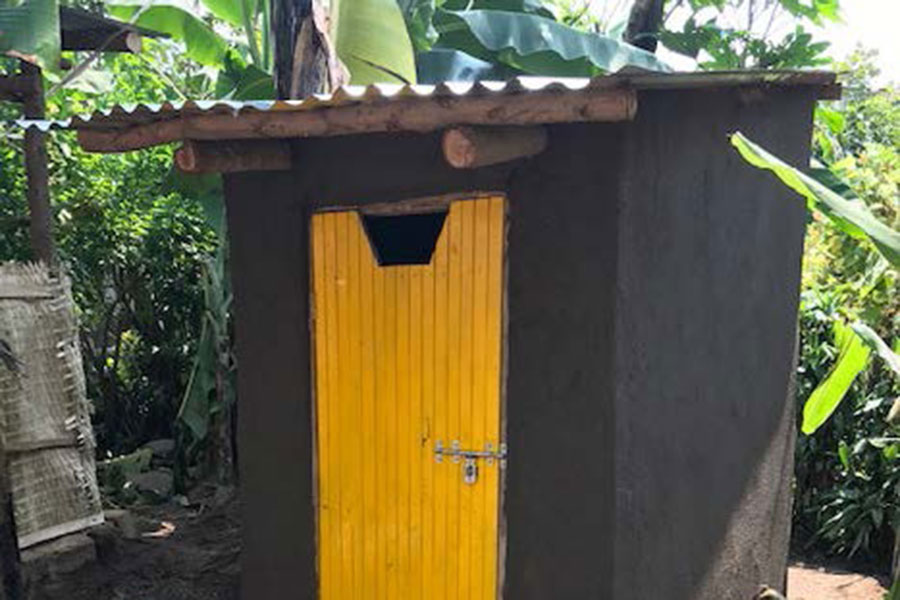
One clear benefit of a latrine is that waste no longer contaminates a community’s land and water. With a healthier environment there is decreased risk of sickness. More convenience, privacy, and safety - particularly at night, for women, girls reaching puberty and the elderly are other notable benefits.
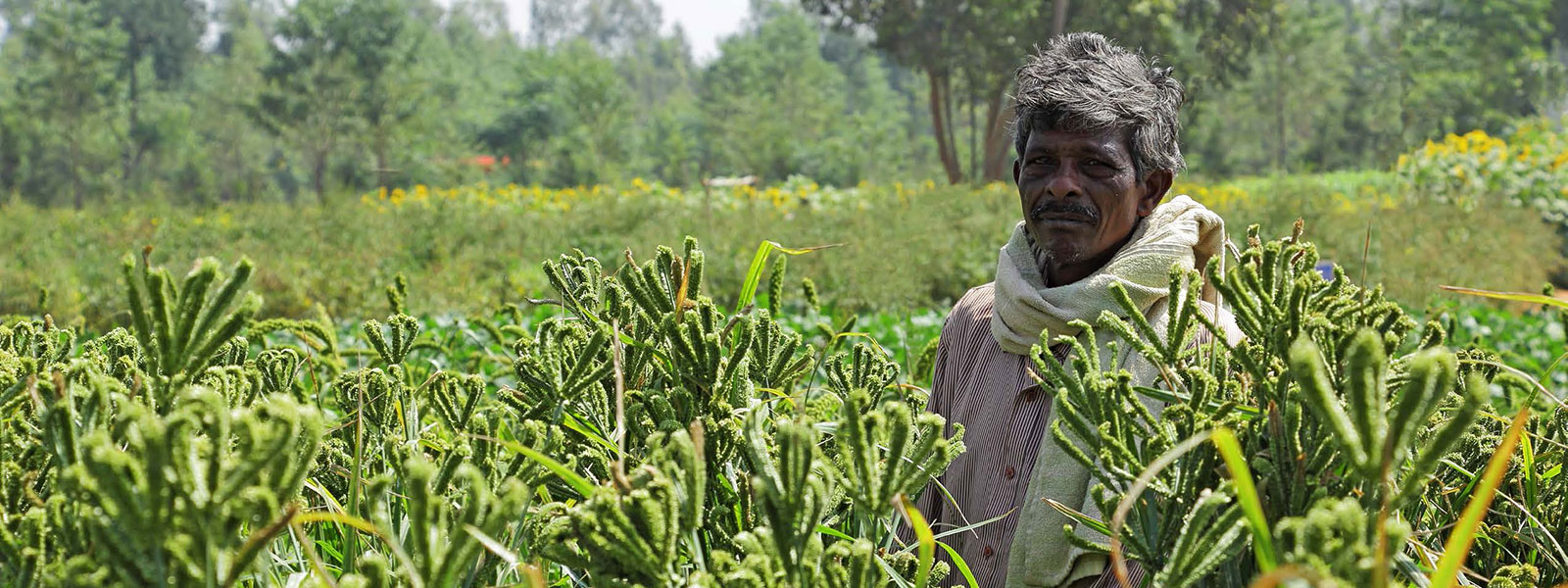
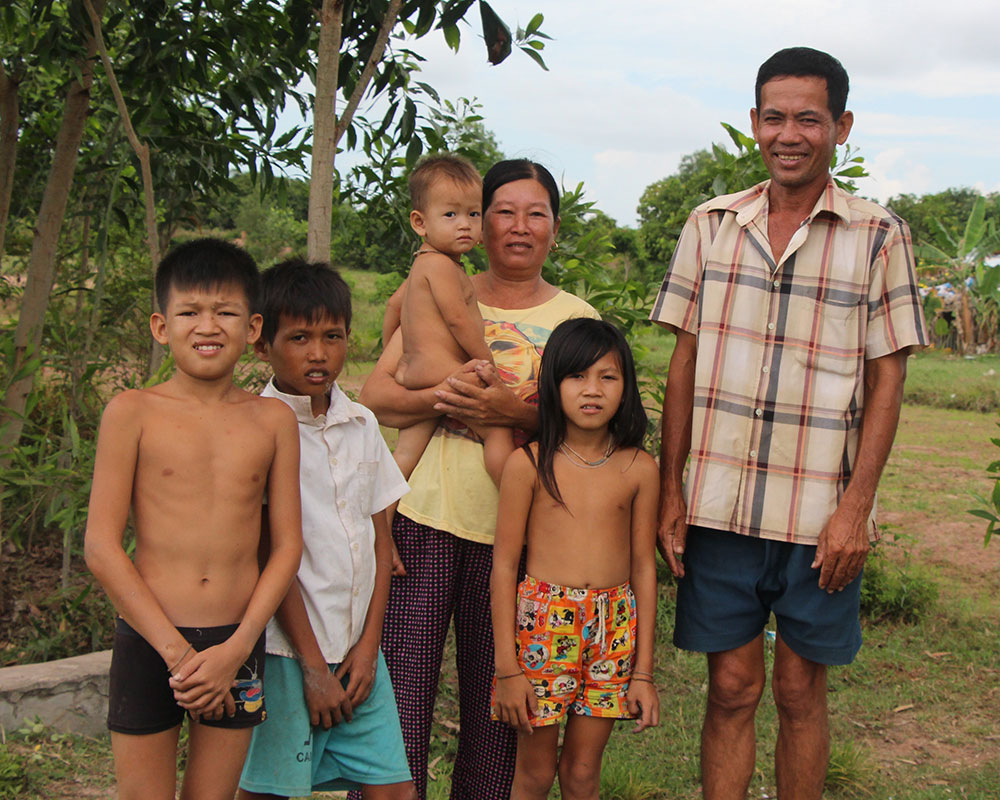
Vantha and Houi
Vantha is a construction worker in the Charmkar Pony Tirk area of Cambodia. He earns about $100 US per month. He and his wife Houi have six children. Their youngest four children live at home while the two older children have moved out on their own. Houi’s parents were killed during the time of the Kmer Rouge, but Vantha’s family lived with them until they passed away of old age.
On their rural property the family shares a small house and grows crops of corn and rice. A watergate constructed near their home immediately satisfied the irrigation demand for nearly 20 families in the area. An increase in the quantity, quality, and diversity of crops has raised the standard of living for Vantha and Houi’s family as well as their neighbours.
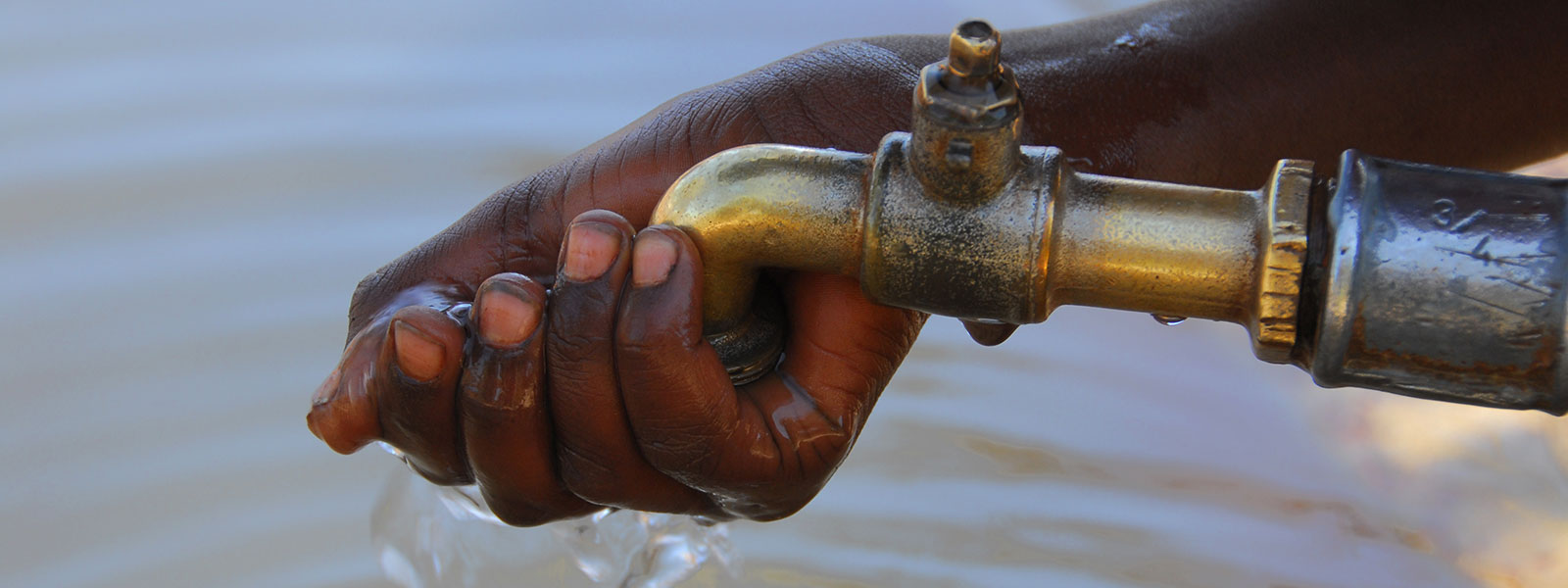
How It Works
Many of the world’s poorest, often earning their livelihood through agriculture and livestock rearing. could not afford to implement any preventative measures even if they are aware of the impact.
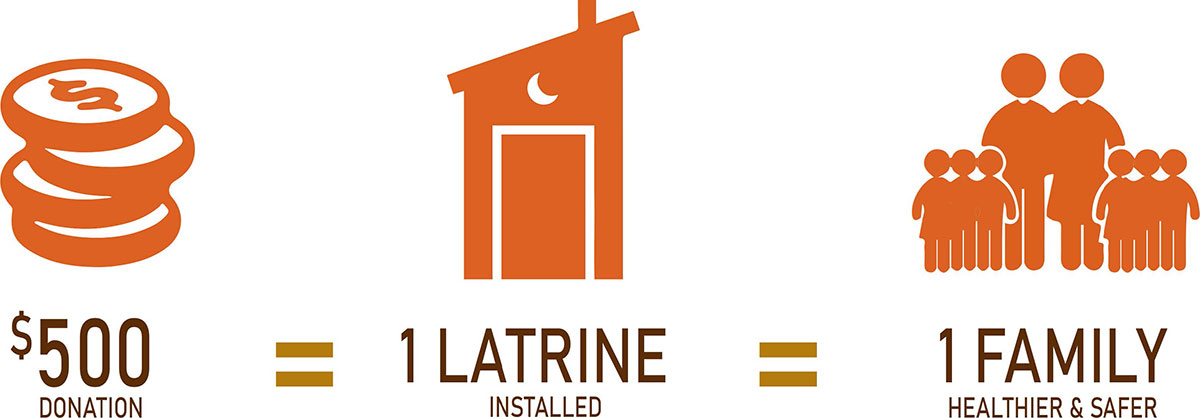
As a major factor in poverty alleviation, DWC supporters provide important financial support and human resources to deliver WASH infrastructure projects in the developing world. Measures that help combat deficits and improve lives are planned with full participation of leaders and residents in the affected communities to provide extended benefits in the long-term.

